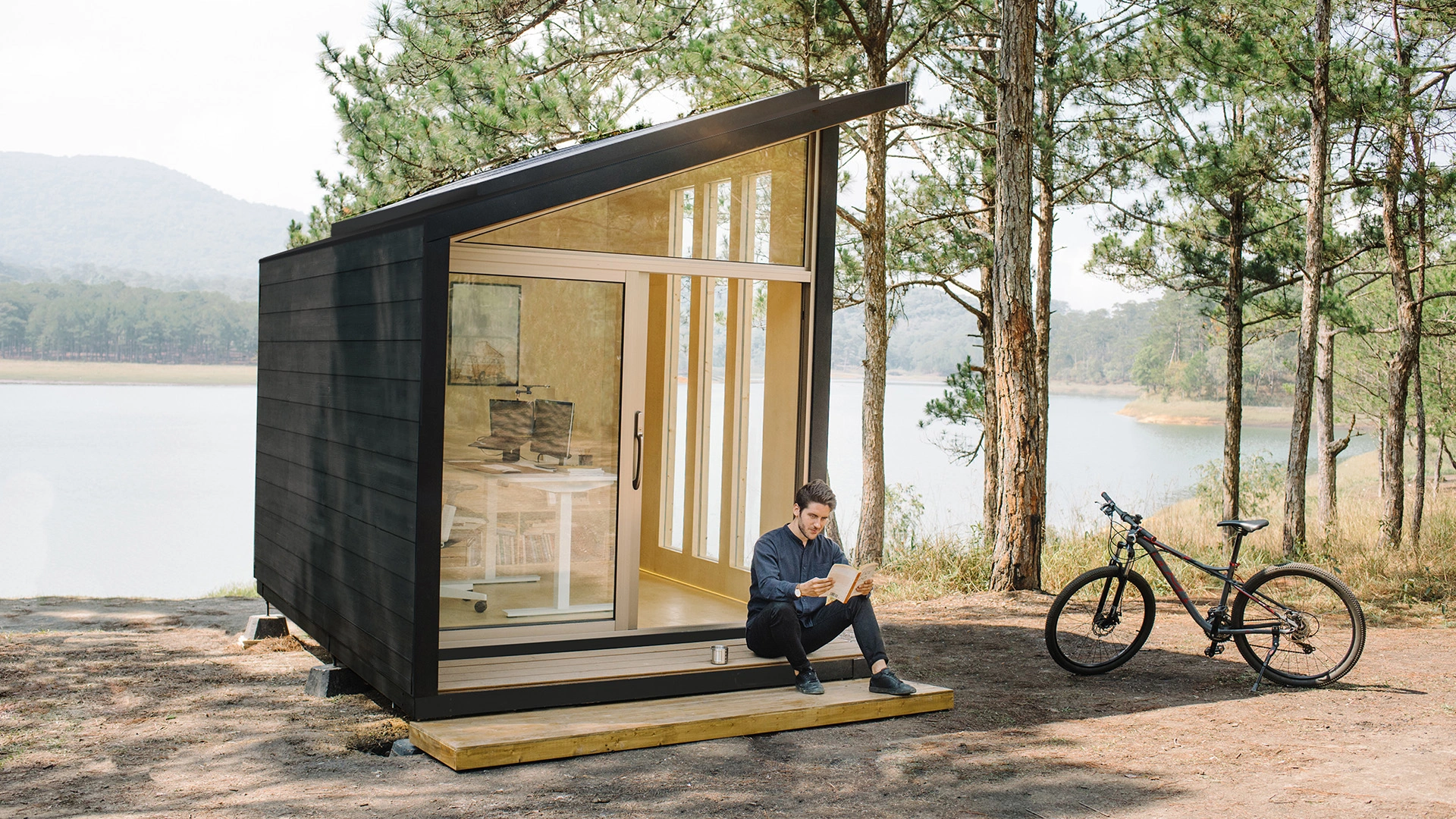
How Much Does an ADU Cost in California?
Table of Contents
Dreaming of adding an Accessory Dwelling Unit (ADU) to your California property? You're not alone. ADUs are a fantastic way to create additional living space, whether for family members, renters, or even generating rental income. But before you dive in, you'll want to consider the costs involved. This guide will unveil the average cost of an ADU in California, explore helpful resources like California ADU grants, and delve into the new ADU laws in California 2025. We'll also answer burning questions like "how big can an ADU be in California?" and explore must-know ADU requirements in California. From traditional builds to trendy prefab options, get ready to unlock the potential of ADUs in the Golden State!
As homeowners in California seek methods to make the most of their land, the trend of developing Accessory Dwelling Units (ADUs) will continue. An accessory dwelling unit (ADU) is a flexible option for many purposes, including accommodating elderly relatives, increasing living space, or creating rental revenue. But naturally, one of the most pressing concerns of all is:
How Much Does an ADU Cost in California?
Location, size, design, and the choice between a prefab and a custom construction are some of the many variables that affect how much it will cost to construct an ADU in California. Let's take a look at the different expenses that come with building an ADU.
Construction Costs
A detached garage unit (ADU) can have a starting price tag of $100,000 to more than $350,000. Prefab ADUs, garage conversions, and entirely custom builds are just a few of the many options available to homeowners, and this wide range reflects that.
Prefab ADUs range in price from $100,000 to $300,000. Off-site manufacturing allows for faster and often lower cost installation of these units on your property.
Because of the need for unique architectural plans, specialized materials, and possibly intricate site work, custom builds can drive up costs. In locations with strict zoning laws and high labor rates, high-end custom ADUs can easily surpass the $350,000 mark.
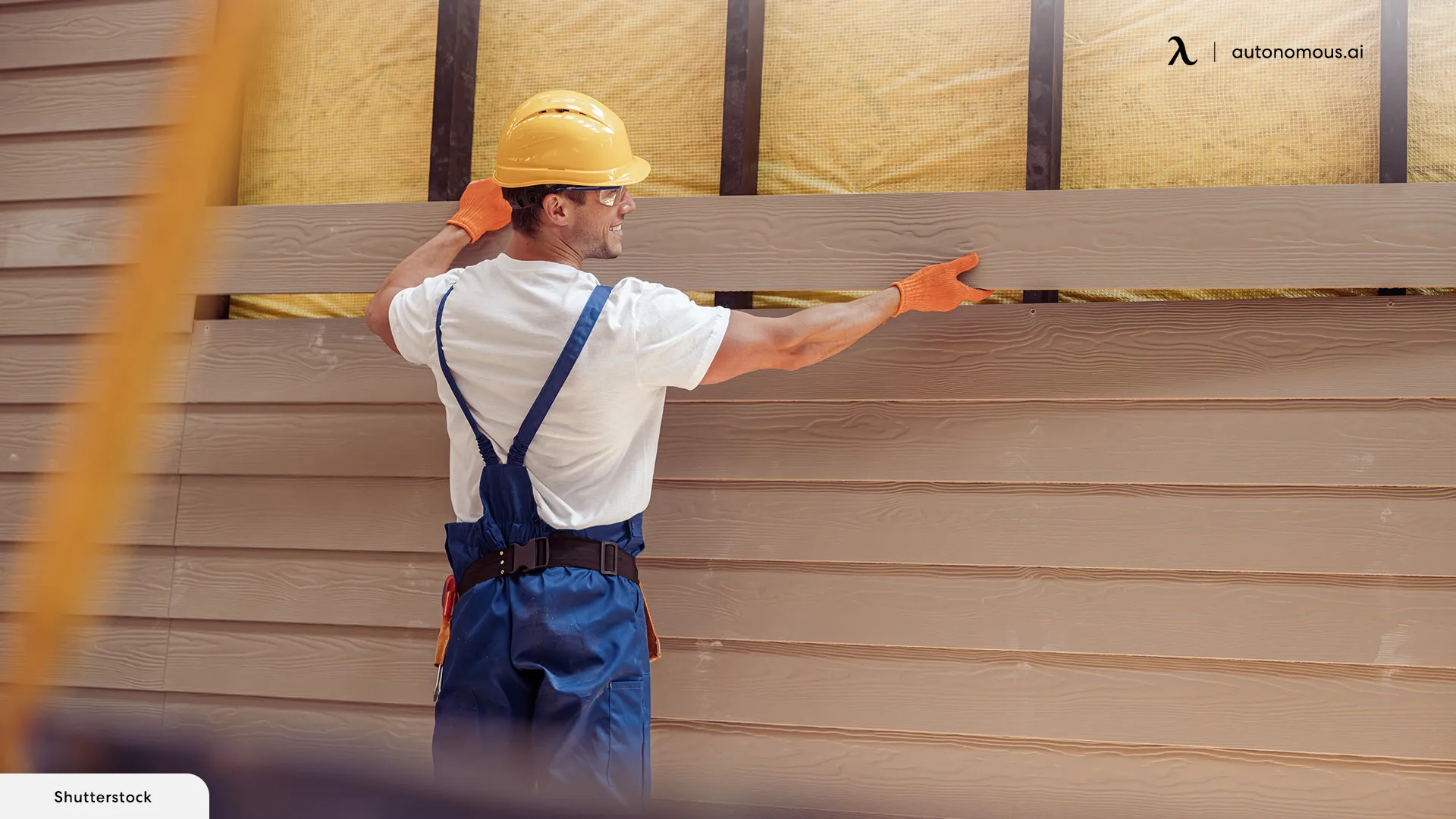
Permitting and Legal Fees
Permitting fees and legal costs can add several thousand dollars to your ADU project. These expenses vary significantly across different municipalities in California. On average, homeowners might spend between $2,000 and $10,000 on permits, inspections, and other regulatory requirements.
If you're considering a prefab structure, it's essential to understand the costs involved in different regions. For example, those interested in a prefab ADU in Southern California should review the local permitting process and associated fees.
In Long Beach, regulations may require specific approvals, which can affect both timeline and costs. Before starting your project, it's advisable to research the ADU regulations, permits, and legal requirements in Long Beach. Similarly, those in Riverside County should review the ADU regulations and permit requirements in Riverside County to avoid unexpected setbacks.
If a full ADU permit process sounds overwhelming, an outdoor office in California can be a more accessible alternative. These modern backyard office pods provide a functional and professional workspace without the extensive legal hurdles of an ADU.
Utility Hookups and Site Preparation
Utility hookups (electricity, water, sewer, and gas) and site preparation can also significantly increase your total budget. Depending on the complexity of the work and the distance from existing utility connections, these costs can range from $5,000 to over $25,000.
Interior Finishes and Fixtures
Interior finishes and fixtures can significantly impact the overall cost of your ADU. Homeowners can choose from basic to high-end finishes, which affect the final price. Budgeting for this can range from $10,000 to $50,000 or more, based on the level of luxury and detail desired.
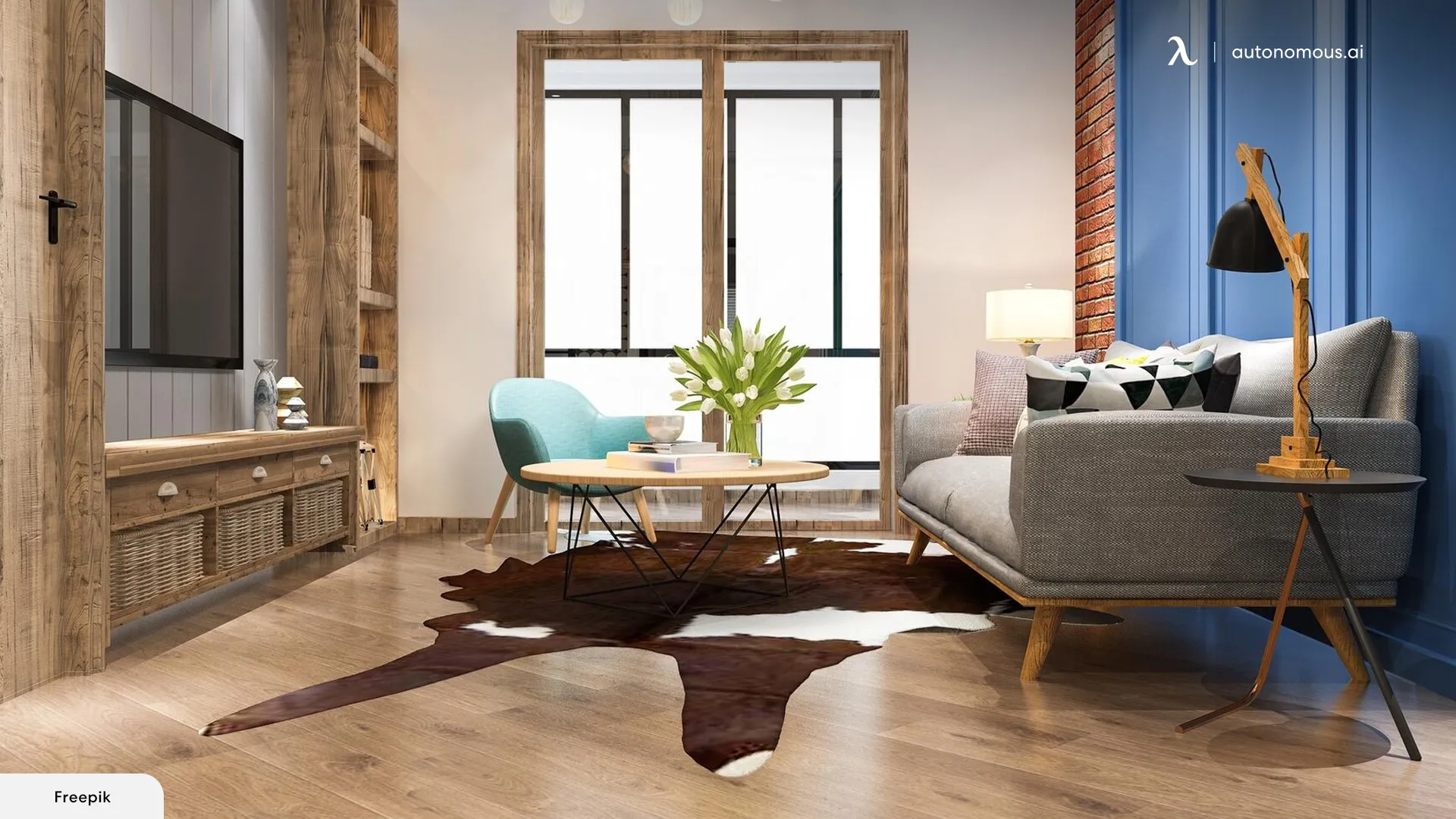
Factors Influencing ADU Costs in California
- Size and Type of ADU
The size of the ADU is one of the most significant factors affecting the overall cost. Generally, larger ADUs will be more expensive due to the increased materials and labor required. Additionally, the type of ADU (attached, detached, or conversion) plays a crucial role in determining the cost. For example, detached ADUs are typically more expensive than attached units because they require separate foundations and utilities.
- Location and Local Regulations
Location within California also impacts the cost of building an ADU. Different cities and counties have varying regulations and fees associated with ADU construction. For instance, the San Bernardino ADU requirements might differ significantly from the Chula Vista ADU requirements. Understanding these local regulations and fees is essential for accurate budgeting.
- Construction and Materials
The choice of construction materials and the complexity of the design also influence the cost. High-quality materials and custom designs will naturally increase the price. Additionally, any unique features or amenities, such as energy-efficient systems or luxury finishes, will add to the overall expense.

Cost Breakdown
Here is a general breakdown of the potential costs involved in building an ADU in California:
Design and Permits
Before construction can begin, homeowners must obtain the necessary permits and design plans. This phase can cost anywhere from $2,000 to $10,000, depending on the complexity of the project and local fees.
Construction Costs
The actual building costs can range from $100 to $400 per square foot. For example, a 600-square-foot ADU could cost between $60,000 and $240,000 to construct. In areas like San Diego, the ADU cost in San Diego might be on the higher end due to local market conditions.
Utilities and Site Work
Connecting the ADU to utilities such as water, sewer, and electricity can add significant costs. Additionally, site preparation, including grading and foundation work, must be factored in. These costs can range from $10,000 to $50,000.
Finishing and Furnishing
The final phase involves finishing the interior and furnishing the ADU. This includes flooring, cabinetry, appliances, and fixtures. Depending on the level of quality, this can cost between $20,000 and $50,000.
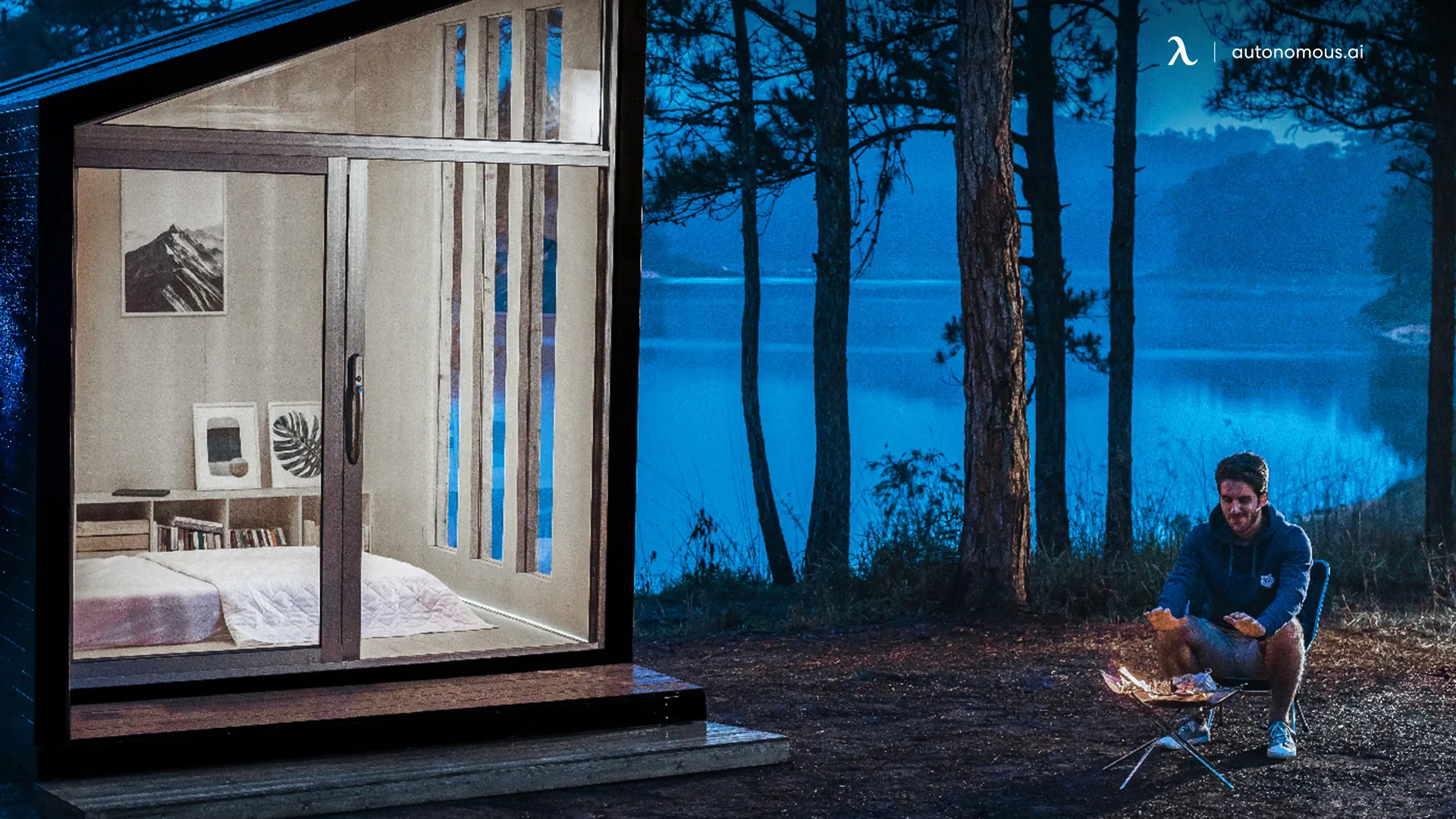
Making ADUs More Affordable
California offers various grants and financial assistance programs to make ADU projects more accessible. Homeowners should explore California ADU grants to potentially offset some of the costs. Additionally, keeping abreast of the new ADU laws in California as they can provide insights into regulatory changes that might affect costs or offer new incentives.
Despite the upfront costs, building an ADU can provide substantial financial benefits:
Increased Property Value: An ADU can significantly increase the overall value of your property, making it a worthwhile investment. For example, adding a bonus room office can enhance both functionality and appeal.
Rental Income: ADUs offer an excellent opportunity for generating rental income. With the high demand for affordable housing in California, renting out an ADU can provide a steady revenue stream.
Flexible Living Arrangements: ADUs provide flexible living solutions, whether it's for accommodating aging parents, college graduates, or creating a home office.
FAQs
1. What is the average cost of an ADU in California?
The average cost can swing widely from $100,000 to over $350,000, capturing a broad spectrum from modest prefab units to luxurious custom designs tailored to your exact needs.
2. How much does it typically cost to build an ADU in California?
The cost to build an ADU in California encompasses a range of affordable prefab options starting around $100,000 to custom-built ADUs that can exceed $350,000, depending on various factors like location, size, and finishes.
3. What factors influence how much to build an ADU in California?
Key factors include the choice between prefab or custom-built ADUs, the ADU's size, the complexity of the design, and the specific location in California. Urban areas generally command higher prices.
4. Can you explain the California ADU cost variability?
California ADU cost varies due to differences in permitting fees, utility hookup costs, labor rates, and the cost of materials, all of which can fluctuate significantly across the state.
5. What's the California ADU size limit?
While size limits can vary by jurisdiction, California state law generally allows ADUs up to 1,200 square feet, though many areas have adopted their limits within this guideline. Read California ADU size limit for in depth knowledge.
6. Are Prefab ADUs in Los Angeles more affordable than custom builds?
Yes, prefab ADUs in Los Angeles are a more budget-friendly option than custom builds, with many units available within the $100,000 to $300,000 range.
7. What about Prefab ADUs in San Diego?
Similar to Los Angeles, prefab ADUs in San Diego present an economical alternative to traditional construction, offering both time and cost savings without compromising on quality.
Why Choose Autonomous WorkPod
The WorkPod stands out from other brands by being optimized to include everything you need for setup, such as a foundation and easy assembly, which takes only 2-3 days. Additionally, the cost of the WorkPod includes essential elements like windows, a door, and lifestyle interior features. The table below provides a detailed cost comparison between the WorkPod and other brands, highlighting the value and convenience of choosing WorkPod.
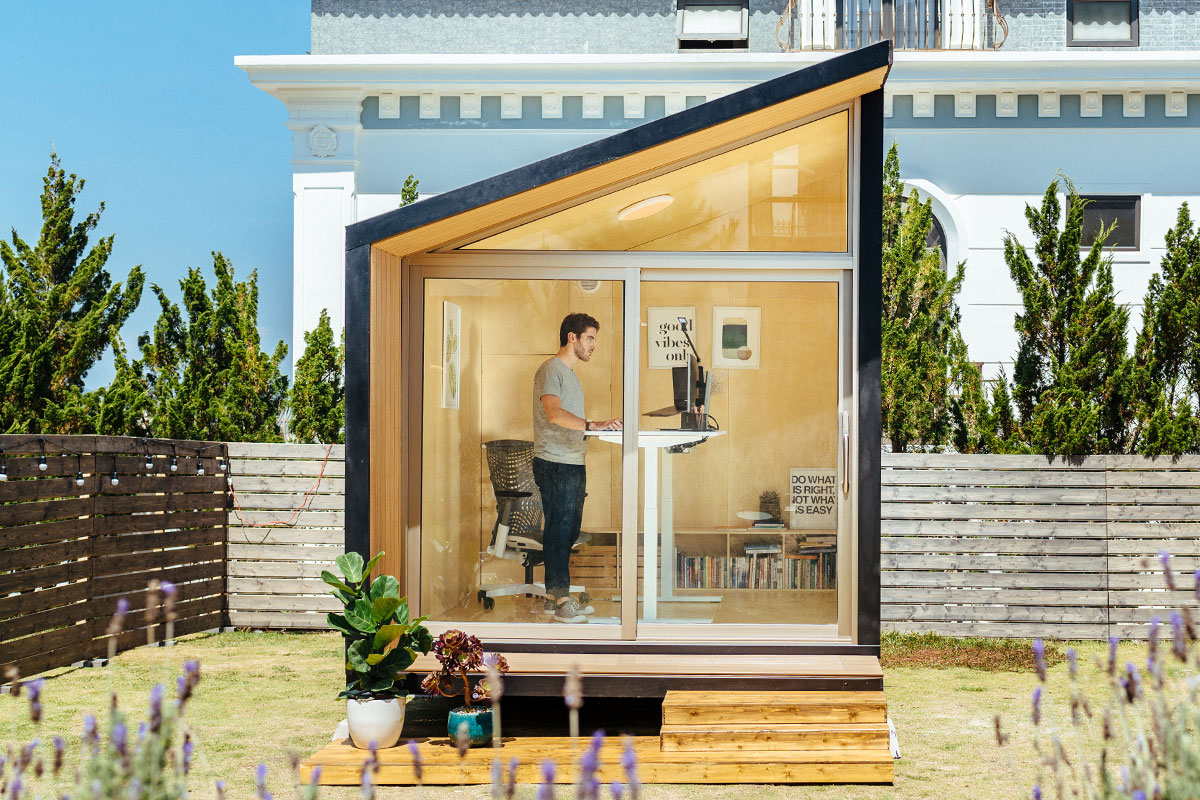
WorkPod
| Overall size | 8.5’W x 12’L x 11’H |
| Floorspace | 102 square feet |
| Ceiling height | 6.8’ to 9.3’ |
| Weight capacity | 2.9 tons |
| Door & Window dimensions, material (include glass) | Main door: 7.5’W x 6.8'H 3 windows: 1.1’W x 7.9’H Window material: Wooden frame, 5/16” tempered glass, composite wood cover Door material: Anodized aluminum frame, 5/16” tempered glass |
| Siding, roof, floor & balcony material | Siding: Plywood 1/2”, wooden frame, honeycomb paper, plywood 3/8”, bitume, housewrap, vinyl siding Roof: Roof shingles Floor: Plywood Balcony: Composite wood |
| Electrical devices | 1 RCB (Residual current breaker) 3 Wall outlet (Universal wall sockets) 1 Ceiling light switch 1 Ceiling light 1 Ventilator switch 1 Ventilator 66ft power cable with 2 connectors |
| Power input | Maximum voltage: 110V AC (US standard) Maximum current: 25A Maximum power dissipation: 2750W |
| Interior furniture | Unfurnished option: 1 Bookshelf, 1 Electrical Cabinet Furnished option: 1 Autonomous Desk, 1 ErgoChair Ultra, 1 Monitor Arm, 1 Cable Tray, 1 Filing Cabinet, 1 Anti-Fatigue Mat, 1 Bookshelf, 1 Electrical Cabinet |
| Compatible with | Portable air conditioner: A/C units with dimensions smaller than 22” L x 20” W x 88” H and a 5.9” vent hole diameter will fit well. Heater: A small personal heater is more than sufficient. |
- Handy homeowners
- Professionals who need a quiet, dedicated space to work from home
- Freelancers who require a focused environment away from household distractions
- Permit-free
- Zero foundation preparation
- Built with weatherproof and soundproof materials
- Pre-wired with ambient lighting and outlets
- Ready in 3 days
- Requires sufficient outdoor space which may not be available to everyone
- May require additional setup for internet and other connectivity
Conclusion
As the California ADU trend continues to expand, exciting new possibilities are emerging for homeowners. Building an ADU opens up a world of options, whether you're dreaming of a contemporary prefab house in the middle of a city or a one-of-a-kind home made just for you. Your ADU project may be a success, adding value and functionality to your house in the dynamic California environment, provided you plan ahead, know what you're spending, and investigate all of the resources that are accessible to you.
Additionally, being aware of local regulations, such as the Elk Grove ADU requirements and Junior ADU requirements in Los Angeles, is crucial for a smooth construction process.
By investing in a modern prefab ADU, homeowners can enjoy the benefits of additional space, increased property value, and potential rental income. For more detailed information on building ADUs in various regions, check out resources on electricity regulations and other related topics to ensure your project meets all legal and safety standards.
Spread the word
.svg)



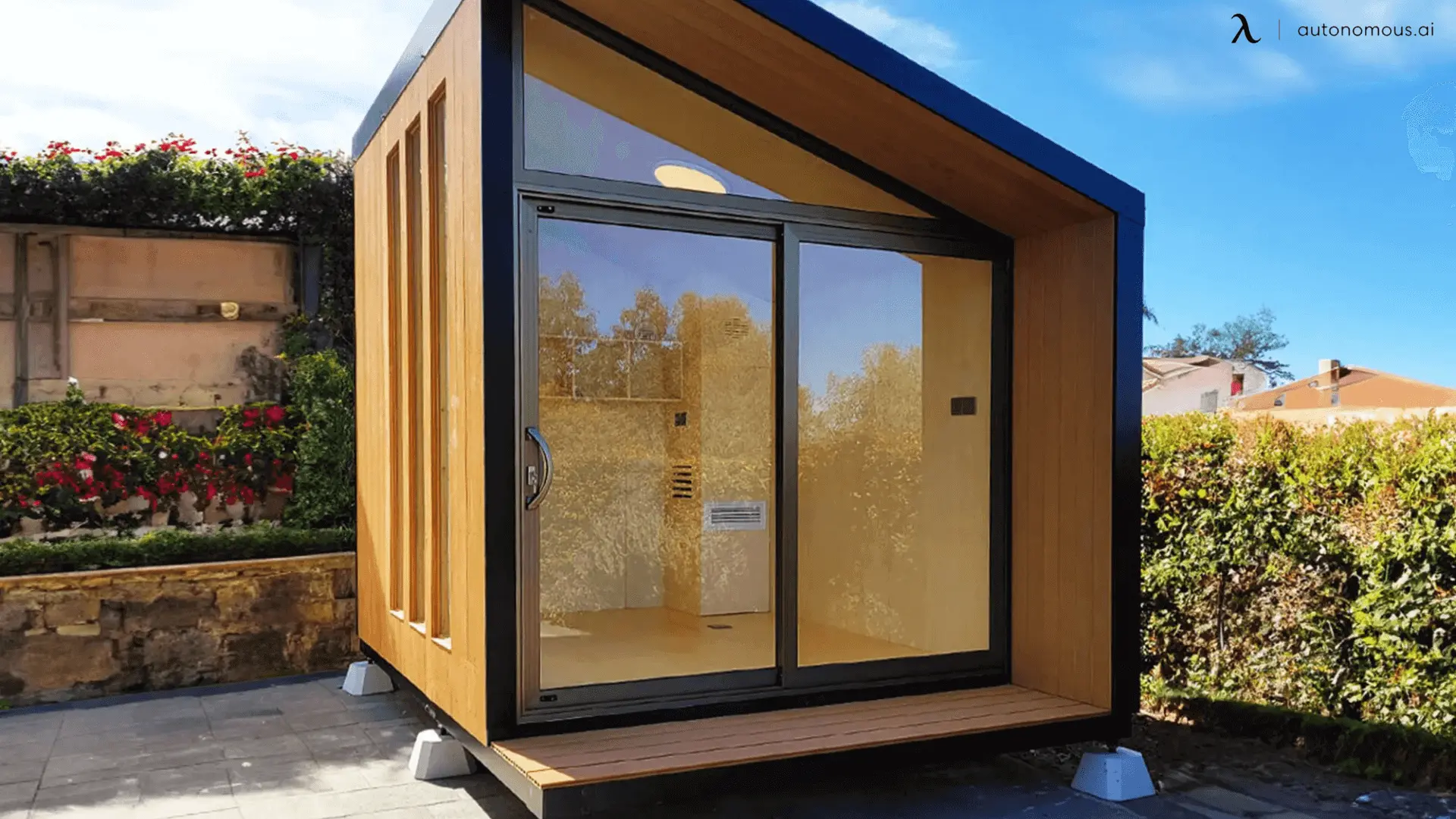
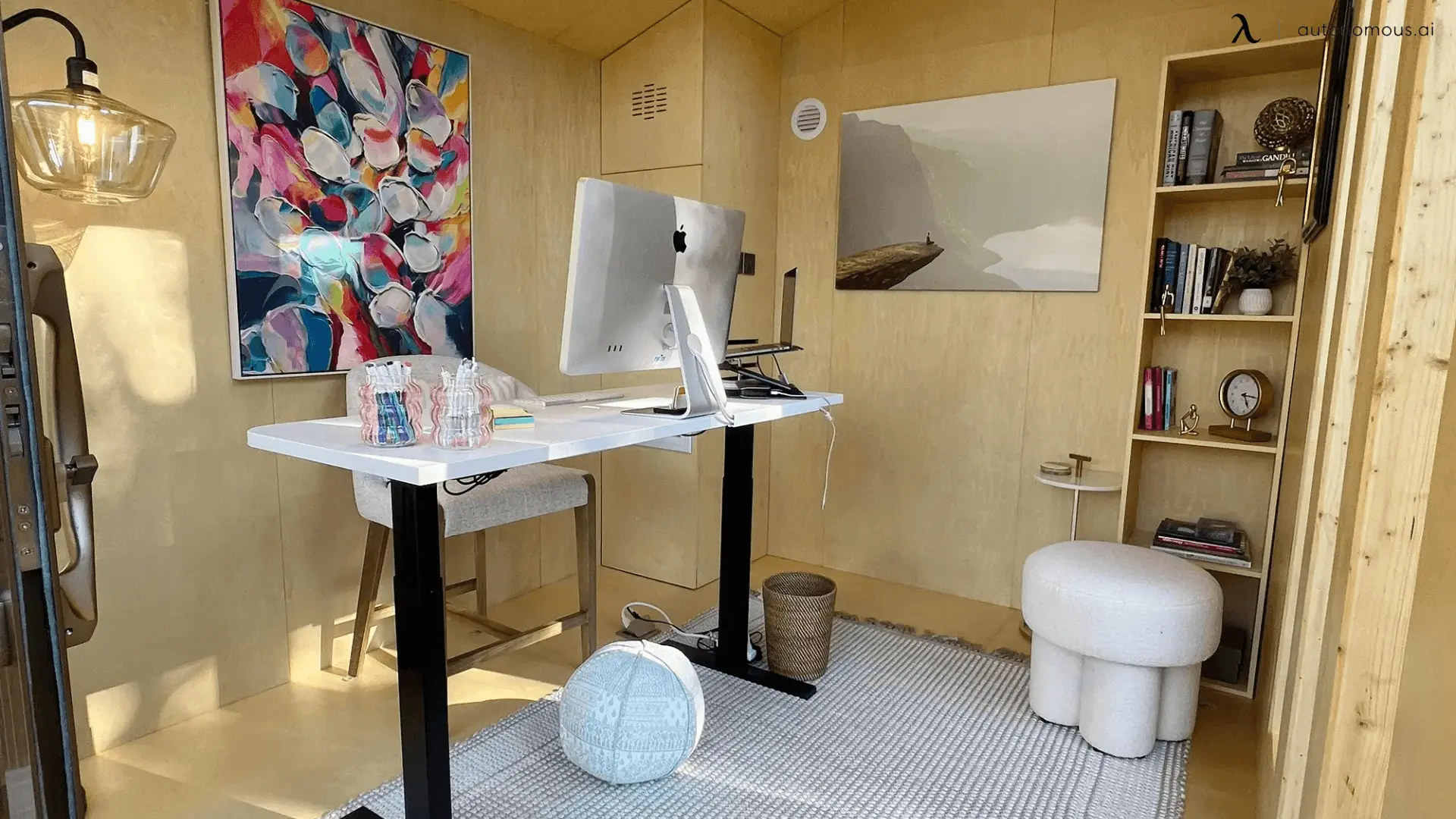
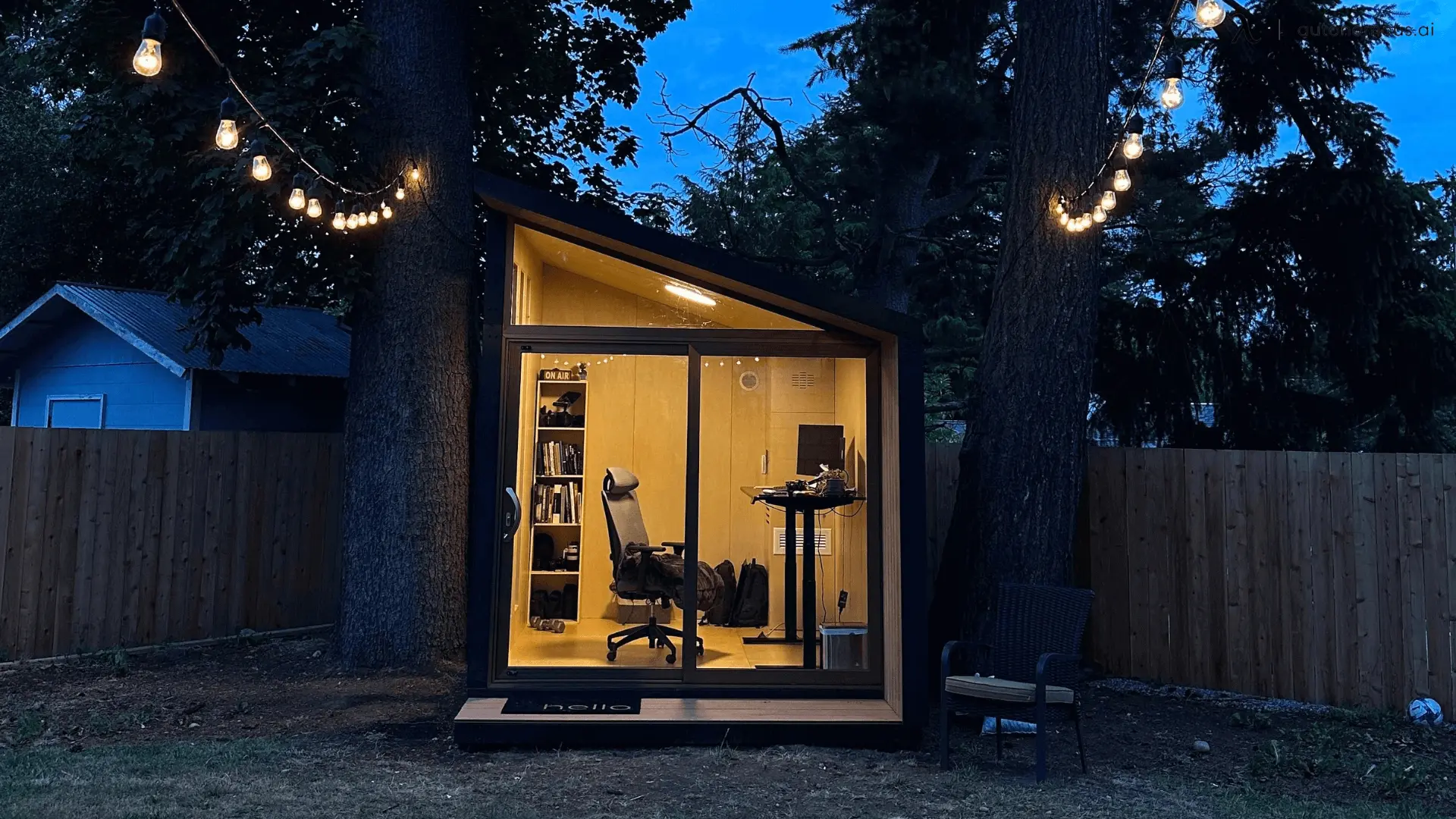
.webp)
.webp)




